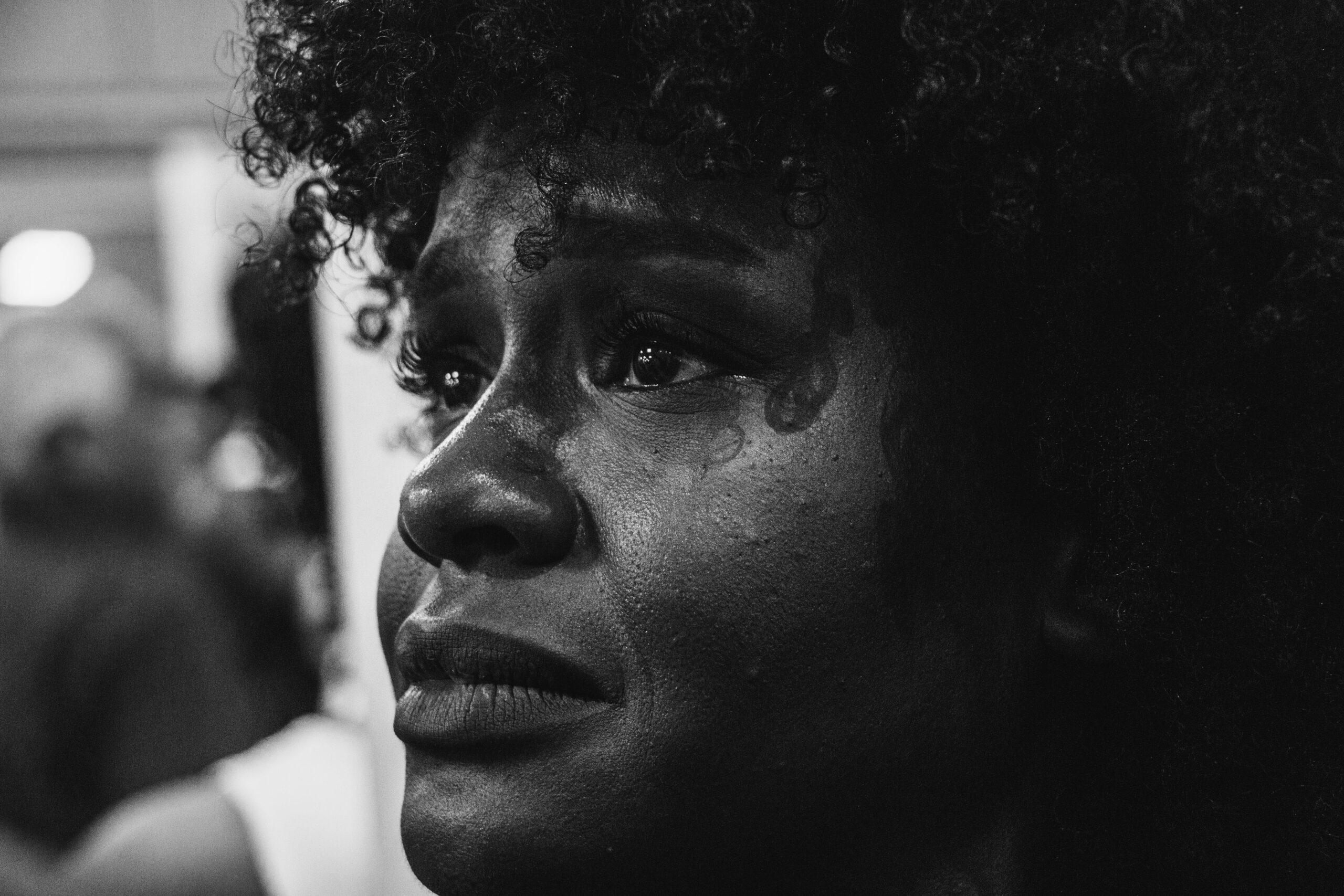Ladies, let’s be honest: there’s nothing more frustrating than crying while trying to get a point across. Whether you’re in the thick of a disagreement with your partner, family member or even someone in the workplace, it can feel as if it completely nullifies your credibility. You’re no longer seen as rational, and you’re labeled as being oversensitive and emotionally immature.
But these tears stem from a different place. You aren’t being a crybaby or throwing a temper tantrum— you’re crying angry tears. If you find yourself frustrated, navigating strife through blurred eyes while questioning, “Why do I cry when I get mad,” there is a biological explanation behind your body’s physical response that can help validate the experience.
“Why Do I Cry When I Get Mad?”
Feeling overwhelmed by your emotions to the point of tears certainly isn’t unheard of, but there’s much more science to it than you may think: tears rooted in different emotions have distinct molecules, all of which can look different when analyzed under a microscope. Happy tears are distinct from sad tears, which are distinct from the tears we shed while cutting onions. This applies to our angry tears, too.
It’s important to note that anger isn’t a feeling, but rather, a response to a feeling. Whether you’re angry about feeling unheard, betrayed or being treated unfairly, your emotions are communicating a sense of helplessness. Because of this signal of danger, your body is going into an evolutionary mode of protection. Thanks to our brave ancestors who had to constantly navigate life with an awareness of predatory or environmental threats, our body is designed to signal to those around us when we’re vulnerable and under threat. This can come in the form of sweat, short-term memory loss, narrowed vision or tears.
While it can feel embarrassing in the moment, angry tears are an effort from your body to protect you, and a signal that you’re feeling unheard. Rather than associate it with immaturity, it’s more so indicative of an intimate connection your physical, intellectual and emotional bodies are sharing.
How Can I Stop Crying When I’m Angry?
It’s important to always practice self-compassion and not punish your body for expressing itself the only way it knows how. However, if you feel like crying when you’re angry is interfering with your ability to articulate your point, there are a few things you can put into practice to be a more efficient communicator. Some include:
- Journaling your emotions
- Practicing breath work
- Going for a walk
- Rehearsing your point to get it across
- Remaining hydrated
- Meditating
- Showering
- Discussing your emotions beforehand with a therapist or trusted friend
- Petting an emotional support animal
All of these practices can help to keep your emotions at bay on a day-to-day, not just when you’re feeling triggered.
Let Them Flow
The next time you feel betrayed by your tear ducts when standing your ground, know that there’s strength in letting your emotions move through you. It’s a common and perfectly normal physical response, and it doesn’t take away from the fact that your stance is valid. Instead of asking yourself, “Why do I cry when I get mad,” take some time to vet out the relationships and ecosystems that put your nervous system through survival mode in the first place.
